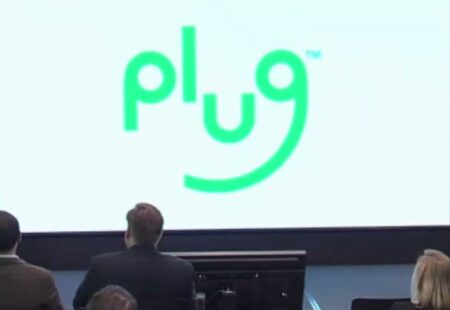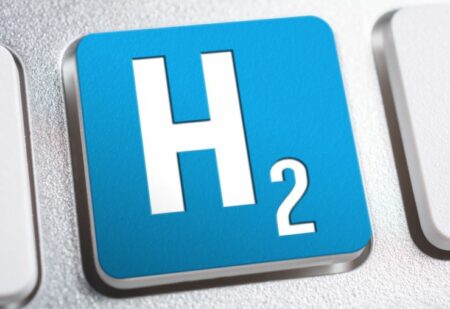Five energy companies in Pakistan, mainly state-owned enterprises, signed a Memorandum of Understanding (MoU) to explore green hydrogen opportunities, according to recent media reports.
This move seems revolutionary as green hydrogen has yet to secure a sizeable foothold in the energy mix, and hydrogen and hydrogen-based fuels account for only 0.1% of the total global energy consumption.
Hydrogen gas is the cleanest fuel for transportation and power generation as it does not release any greenhouse gases when burned. Grey hydrogen is produced when a fossil fuel source is used, which currently accounts for 98% of the total global annual hydrogen production, releasing 11 tonnes of carbon dioxide per tonne of hydrogen. Blue hydrogen is produced when the carbon dioxide produced is captured and stored, with less than 0.1% of the globally emitted volume of 37.5 billion tonnes of carbon dioxide being captured. Green hydrogen is obtained through electrolysis by splitting water into hydrogen and oxygen by passing an electric current through it. The current must be sourced from renewable sources, which do not involve greenhouse gas emissions at any stage.
One of the major challenges in establishing a viable green hydrogen value chain is the associated capital and operating costs. The production cost of green hydrogen ranges between $3 and $6 per kilogram, while that of grey hydrogen ranges between $0.5 and $1.7 per kg. The industrial-scale electrolysers’ cost must be reduced by four times to reduce the production cost to around $1.5/kg.
Another challenge is arranging water for electrolysis as nine kilograms of water produce one kilogram of hydrogen. Based on the current commercial electrolysis process efficiency, the power requirement for producing one kilogram of hydrogen is at least 50 kilowatt-hour (kWh), which makes economical electricity generation from alternate sources pivotal for the given business case.
Furthermore, hydrogen’s low energy content by volume makes storage, transportation, and compression more expensive than natural gas. Hydrogen pipelines can be 10-50% more expensive than natural gas pipelines, while storage tanks can be even more expensive. It takes about 3.3 CF of hydrogen to deliver the same energy as 1 CF of natural gas, making hydrogen storage, transportation, and compression far more cost-intensive.
Hydrogen’s safety aspects are also a major concern, as it is prone to ignite more easily than natural gas even when mixed in small amounts with ordinary air. This requires stringent safety requirements for associated equipment and operations.
Considering the above challenges, hydrogen is still a luxury that only countries equipped with deep pockets, rigorous industrial safety regimes, proven commitment to the environment, and a penchant for R&D can afford. In Pakistan, circular debt in the energy supply chain, T&D losses, and the lack of any strategy for oil and gas reserves replacement should define the country’s priorities.
Instead of venturing into exotic avenues, Pakistan needs to focus on producing 60% of its aggregate electricity through renewable sources by 2030, with only 9,000 MW produced out of the potential 60,000 MW hydel capacity over the past 76 years and the currently installed solar capacity of 430 MW, which is targeted to be 8% of the aggregate by 2030. All signs suggest that the country will miss all targets on the conventional front by a large margin.







